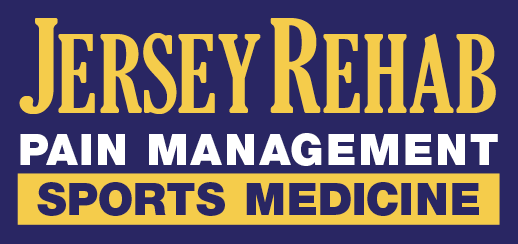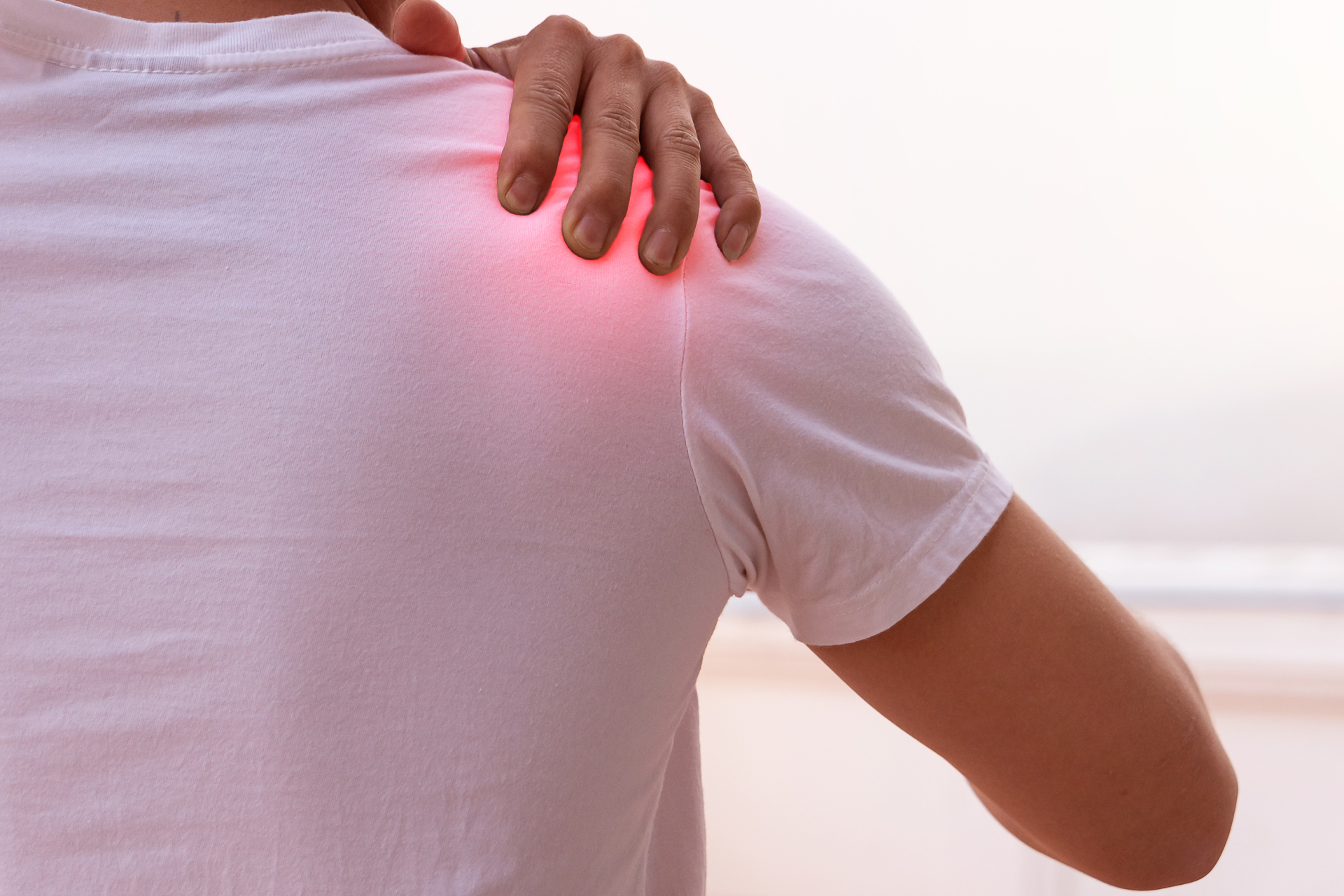All You Need to Know About a Rotator Cuff Injury
Rotator cuff injuries are painful and bound to make your life pretty miserable. Because you need your shoulders to do a lot of activities such as getting dressed, playing a sport or carrying a small child, a rotator cuff injury can interfere with your day-to-day life.
While rotator cuff injuries are common, they are more likely to happen to people who perform repetitive overhead motions such as painters, carpenters and mechanics. If you’re currently experiencing shoulder pain, you may be dealing with a rotator cuff injury.
Let’s learn more about how to treat a damaged rotator cuff and (hopefully) avoid surgery.
What is a Rotator Cuff Injury? How Does it Happen?
A rotator cuff is a group of muscles and tendons that surround the shoulder joint. The muscles work together to raise your arms and perform a wide range of activities.
Rotator cuff injuries can happen suddenly, such as when falling on ice, or they can happen over time from repetitive movements. They can also occur from the breakdown of tissues, which may happen during the natural aging process. Age is a risk factor for rotator cuff injuries.
What are the Symptoms of a Rotator Cuff Injury?
Your symptoms will depend on the severity of the injury. The most common symptoms of a damaged rotator cuff are:
- Dull, deep ache in the shoulder
- Difficulty and pain raising your arm
- Popping or clicking noises
- Shoulder pain that worsens at night
- Shoulder weakness and struggling to raise arms
If you are experiencing any of these symptoms, schedule an appointment with your doctor right away. They can diagnose the injury through a physical exam, x-ray, ultrasound and/or MRI.
How do you treat a Rotator Cuff Injury?
Your treatment plan will vary depending on the type of injury and its severity. Some people have no problem treating their injury at home with rest, ice and physical therapy. But in other cases, more intensive treatments are needed.
A pain management or sports doctor can help you determine which treatments you need:
Steroid injections
Cortisone is a powerful anti-inflammatory that reduces pain and inflammation in the shoulder joint. Even though it provides quick, easy and safe relief from inflammation, it’s not a cure. Some people will heal on their own with the help of steroid injections, while others will need more treatment.
Physical therapy
Physical therapy consists of various exercises tailored to the specific location of your injury. By doing these exercises on a regular basis, you can restore flexibility and strength in your shoulder. And, if you do end up needing surgery, physical therapy will be part of the recovery process.
Surgery
If the other treatment methods fail, you may need surgery. Many different surgeries treat rotator cuff injuries such as open tendon repair, arthroscopic tendon repair, tendon transfer and shoulder replacement.
If you have a rotator cuff injury, schedule an appointment with Jersey Rehab today. After a physical exam, our pain management doctors will create an individualized treatment plan that helps you heal without surgery. We have safe, effective and innovative treatments like PRP and steroid injections. Together, we can get your shoulder working and feeling as good as new!

